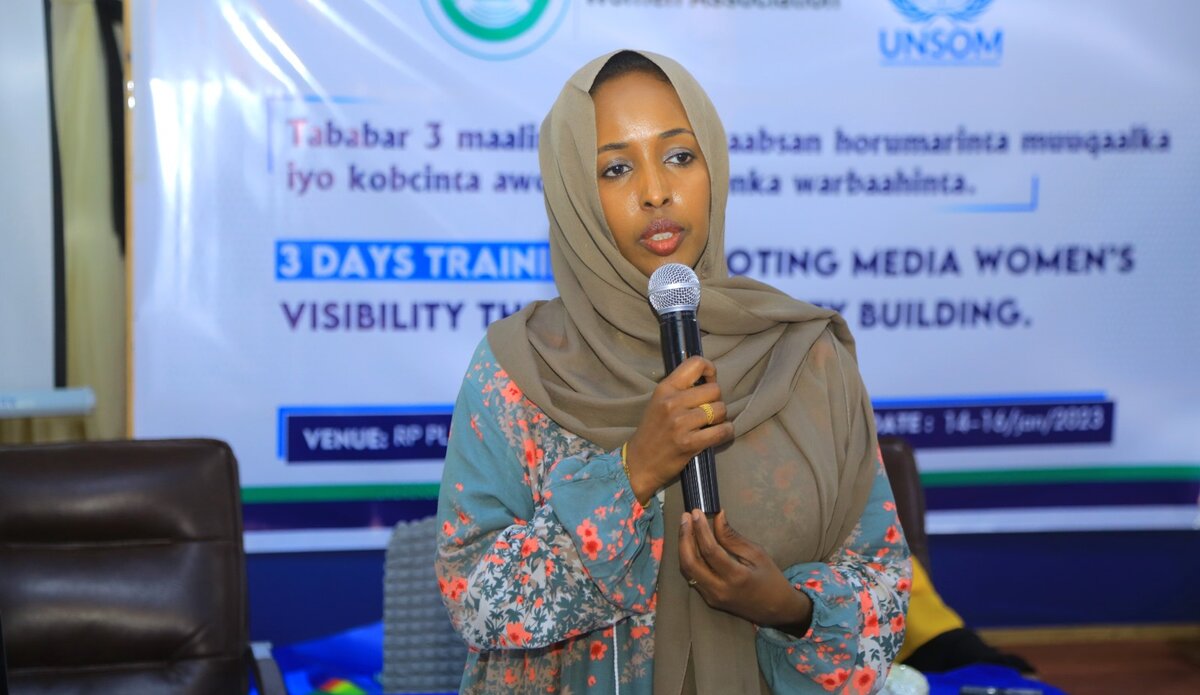Maryan Zeylac: Leading the way for female journalists in Somalia’s South West State
Baidoa – For a long time, the voice of Maryan Zeylac was one of the few women’s voices heard by the listeners of the main, privately-owned radio station in Somalia’s South West State.
“I was the sole female journalist at Radio Baidoa, leading several radio shows within a predominantly male environment,” says Maryan Zeylac, whose programmes used to cover a range of topics, including political developments, women’s affairs and social uses.
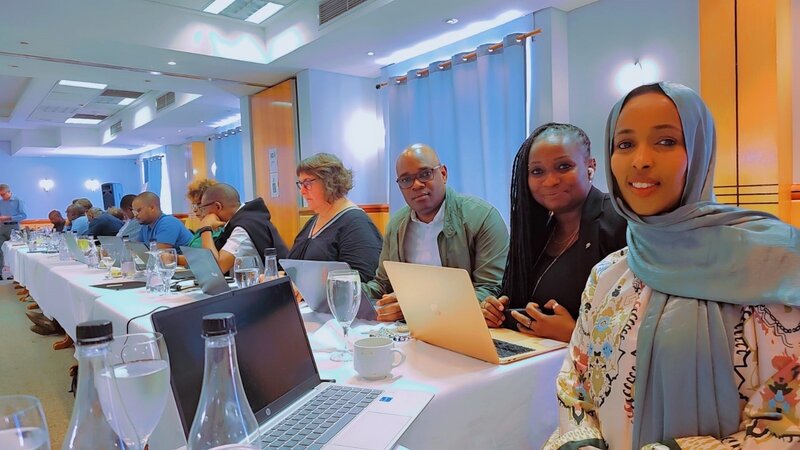
Working in a male-dominated industry is not new Ms. Zeylac – she spent almost 20 years working in the media in South West State and became accustomed to it.
But she did not simply accept the status quo either.
Learning on the job
Born in 1987 in Baidoa – the biggest city in South West State – Ms. Zeylac had a childhood dream of a career in the news media.
She completed her primary and secondary education in Mogadishu, and then returned to Baidoa in 2005. She soon landed a cadetship at Baidoa Radio’s newsroom.
Her training and natural aptitude saw her grow her skills, and she eventually undertook various roles, including reporter and producer, for various Somali outlets with a presence in South West State, such as SBC TV, Universal TV and Radio Shabelle, among others. In 2007, she completed a diploma in journalism from the Kenya Institute of Mass Communication.
Women seeking careers in the news media can face many obstacles, ranging from discrimination to lower salaries.
Looking back, Ms. Zeylac recalls how rare it was for a Somali woman to work as a journalist.
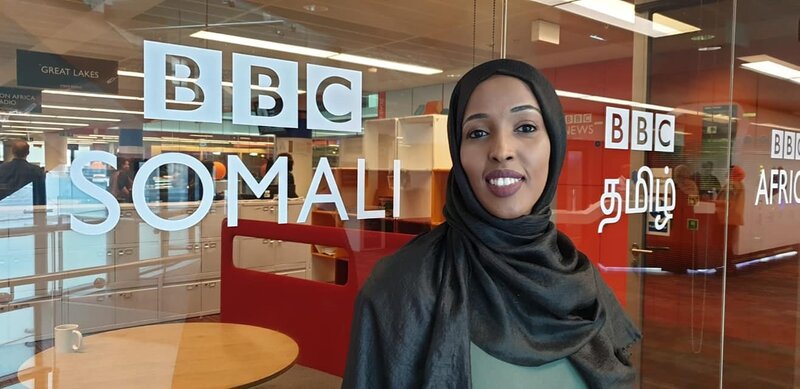
“When I started in 2005, children in villages would cheer my name – they looked at me as if I was some sort of renowned BBC Somali journalist from Europe!” she says. “I was the sole female reporter, covering the latest social and political news on the streets. I recall that all radio stations were manned by males except mine.”
Starting SOMWA
Her awareness of the lack of women’s voices in the local media also prompted her to do something to bridge this gap.
With others, she established a platform in 2006 to unite the few female journalists in Baidoa and to, hopefully, attract more women to the field: the Somali Media Women Association (SOMWA).
“I, along with three colleagues from Radio Warsan and Radio Shabelle, founded SOMWA to advocate for a higher number of female journalists in my hometown. Back then, we were just four, but now there are nearly a hundred female media workers in Baidoa alone, and throughout the South West State,” says Ms. Zeylac, who also serves as SOMWA’s Executive Director.
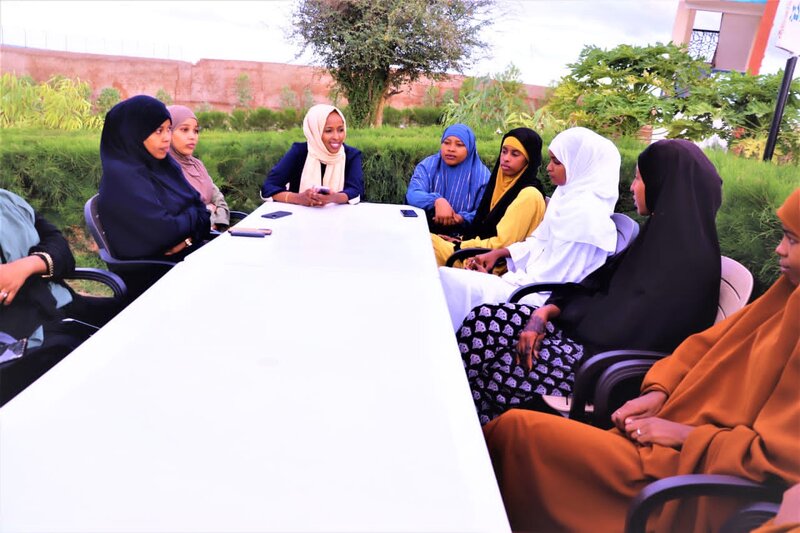
With offices in Baidoa and Mogadishu, the Somali capital, the non-governmental organization (NGO) is one of the country’s leading representative associations for women working in the news media in Somalia.
It has 20 paid staff and 253 voluntary members, and is a vocal advocate for their rights, needs and place in Somali society.
SOMWA works to promote the rights to and use of information to create a society that has equitable access to opportunities. It monitors the violations of the labour rights and safety of female of journalists and provides impartial information concerning attacks on female journalists such as harassment, intimidation, inappropriate sexual attentions and online violence. It has also highlighted the issue of women’ s involvement in the country’s political processes, especially decision-making processes.
“We are glad that our efforts have borne fruit – negative perceptions against female journalism are dying down, the number of female journalists has increased significantly and, after engaging traditional leaders intensively, women’s political participation is higher in SWS comparing to other Federal Member States. I believed we did our best,” she says.
Reporter targeted
Ms. Zeylac knows what it is like to be targeted as a female journalist – it is what led to her now living far from her homeland.
In 2008, SOMWA partnered with international entities such as Care International and United States Agency for International Development (USAID) which the Al-Shabaab terrorist group was opposed to on ideological grounds.
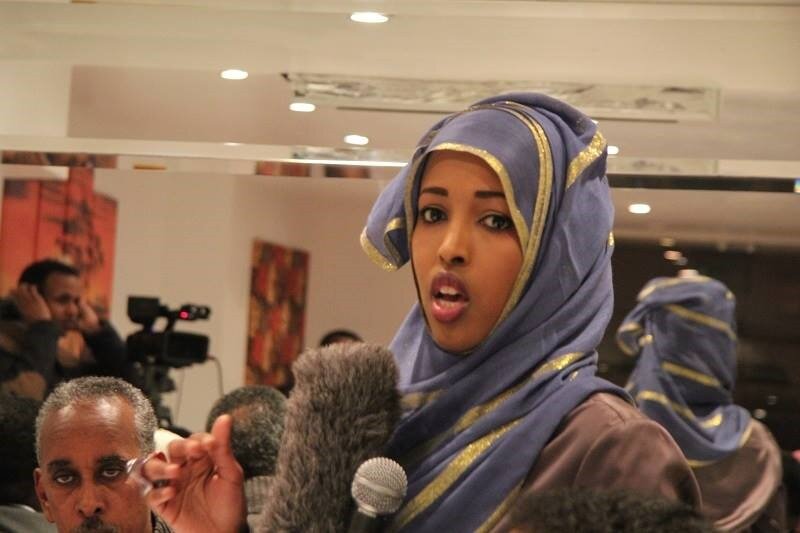
In 2008, when the Al-Shabaab terrorist group took control of Baidoa from Somalia’s Transitional Federal Government, the young journalist relocated to Mogadishu.
“I started to receive death threats from Al-Shabaab, which was so severe and constant to the extent that I could not even step out of my house ,” she says.
In the capital, she continued her media and advocacy work, but the Al-Shabaab threats did not let up. Her work there, as well as her work in Baidoa made her a target. In late 2009, she fled to Kenya from where she proceeded to the United Kingdom.
“I did not choose to move to the UK – I left my country for safety reasons. Al-Shabaab constantly demanded that I close SOMWA's office. They accused me of ‘collaborating’ with Care International and USAID, calling me an 'apostate' in the media,” she says.
Recently, in the United Kingdom, Ms. Zeylac completed a bachelor’s degree in health and social care from the University of Bedfordshire – but she continues in her leadership role at SOMWA through virtual means and through regular, low-key visits to Somalia.
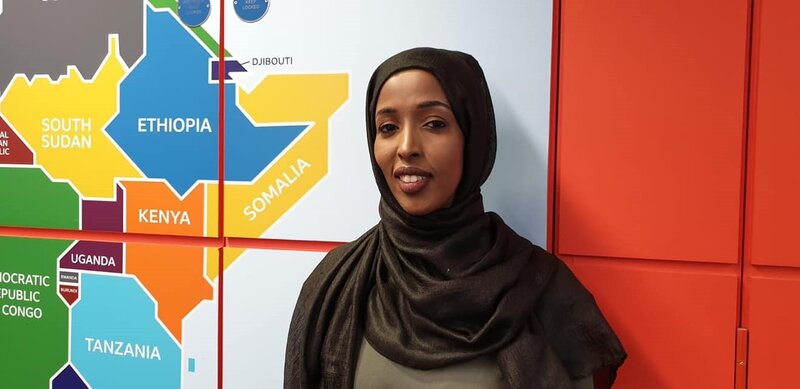
“The situation is difficult for me in some ways, but SOMWA has a strong membership and, ultimately, it doesn’t matter where I am physically as long as we can achieve our goals for Somali women in SWS and Mogadishu,” she says.
Over the past 20 years, SOMWA has worked with various national and international organization, including the United Nations, to hold a series of training workshops for female media workers in South West Somalia.
“The proportion of female journalists in the press is less than 30 per cent, underscoring the need to increase their representation. Offering capacity-building training, internships, employment opportunities, and holding media leaders accountable for violations against women in the media are crucial strategic areas that can promote female journalists,” says Ms. Zeylac.
“In general, I can say that women are half of our society and should be represented accordingly. Women are often interested in hearing other women’s voices and opinions, and men can learn from hearing female’s perspectives of the world.” says the Head of Office of the UN’s operations in South West State, Magnus Bjarnason.
But, even with this support, Ms. Bjarnason is under no illusion as to the road ahead for young Somali women considering a career in the news industry.
“My advice to young girls entering the media is that the media needs you. Equip yourself with knowledge, proactiveness, and perseverance. There are no red carpets on your path to success, but it is slightly better than before,” she says. “Let's make sacrifices for the next generation.”
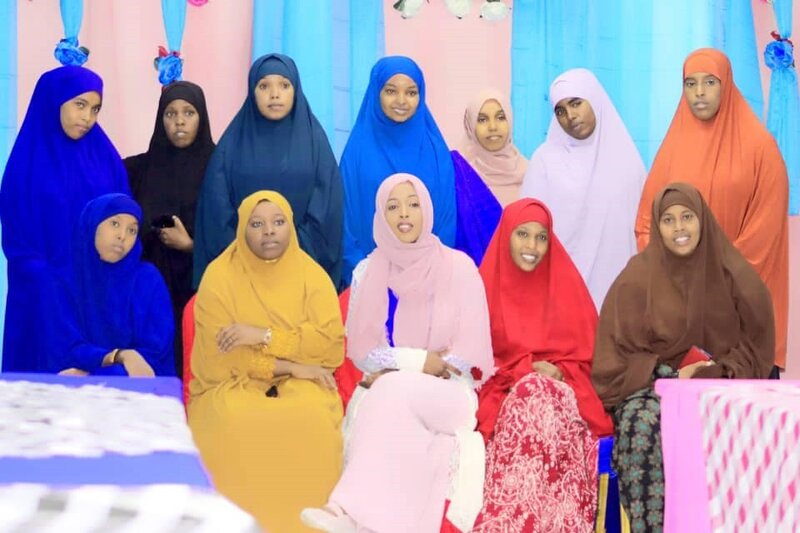
 UN
UN
